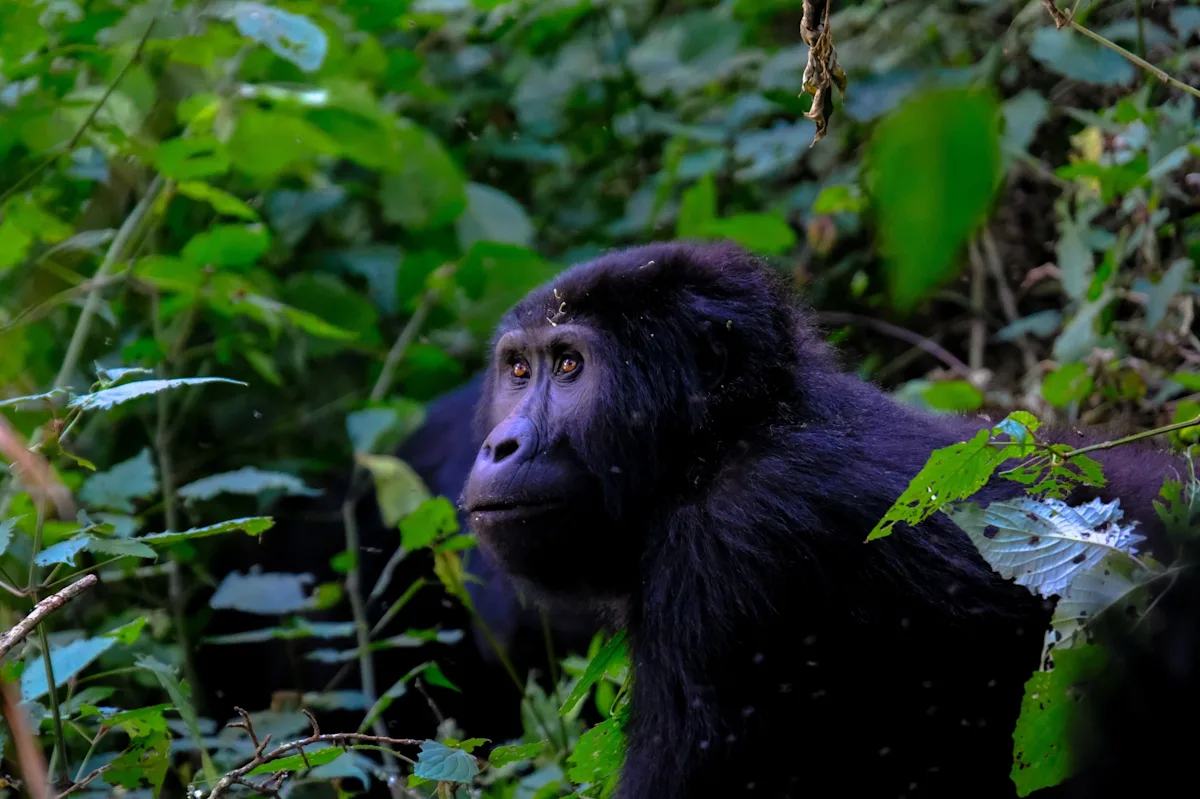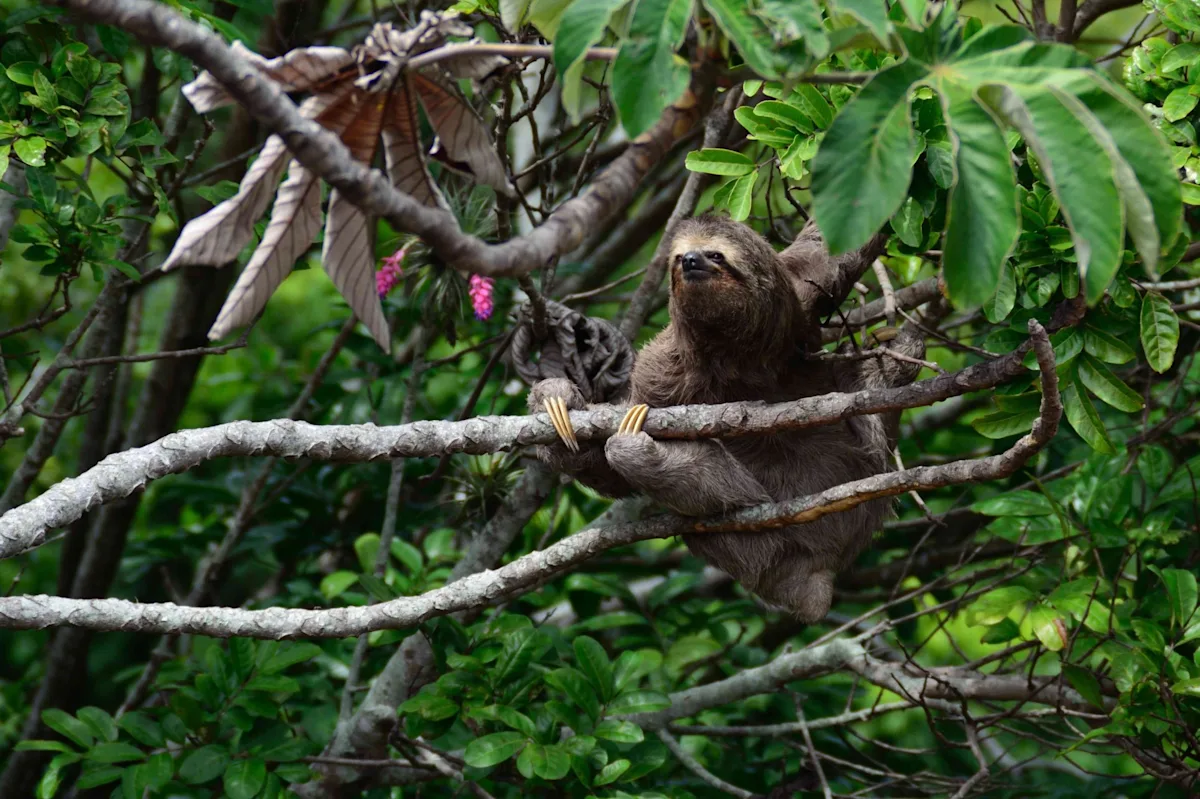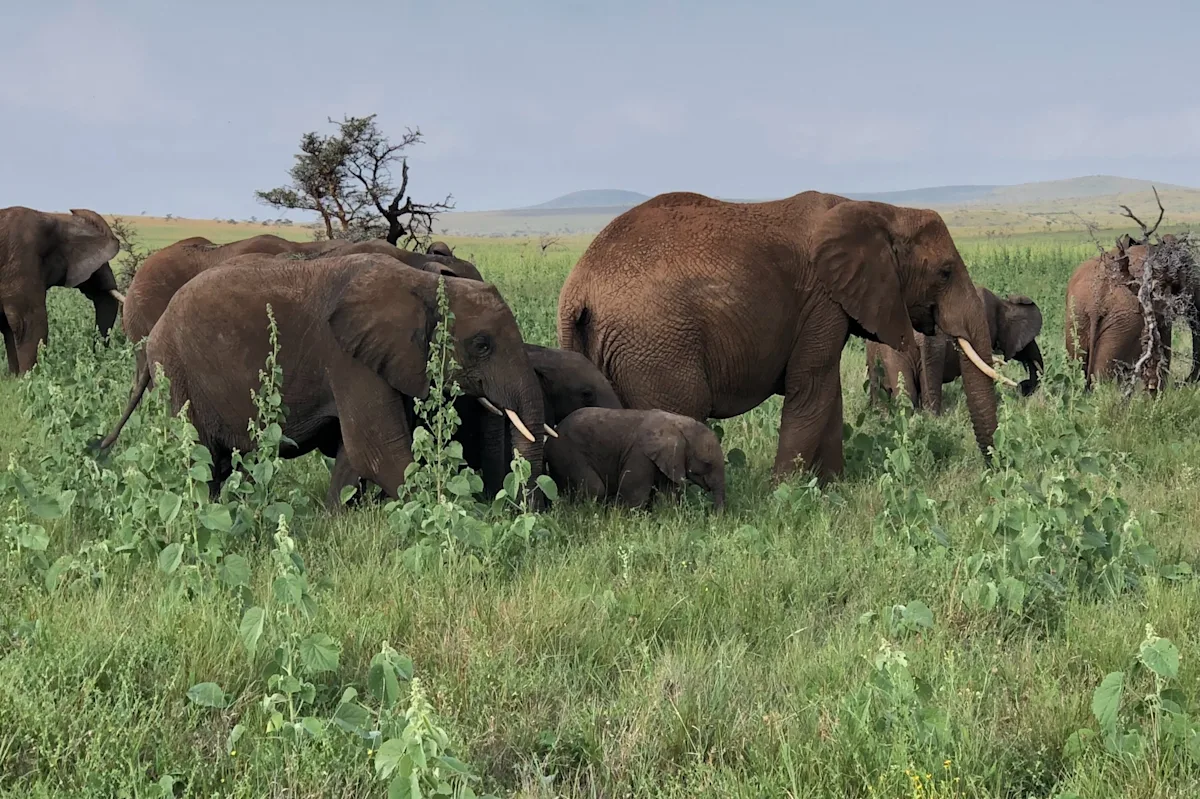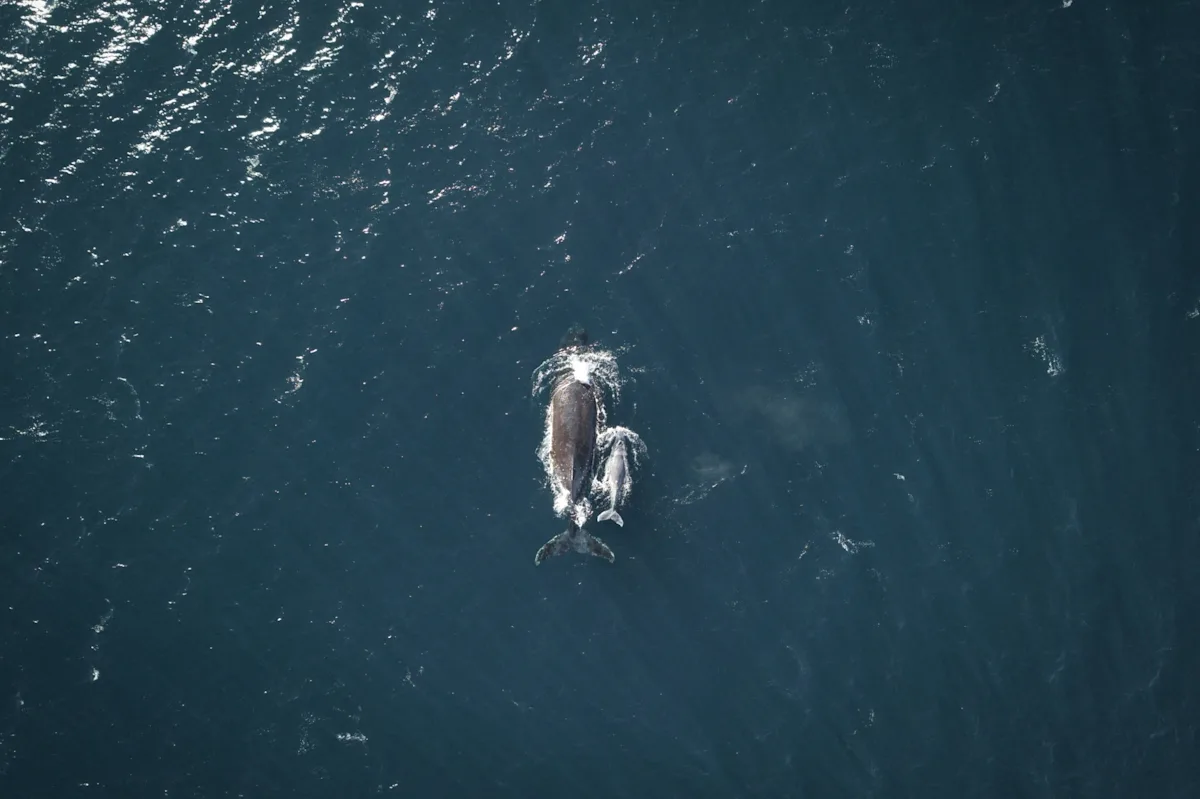
At Fora, we think deeply about how we can be more conscious, ethical and informed travelers. This ethos is especially applicable to wildlife travel, which — while exhilarating — presents its challenges. There’s a dark side to animal tourism, and many travel operators who market themselves as “ethical” are, in fact, far from it.
As travelers, advisors and storytellers, we have a responsibility to not only avoid unethical and exploitative wildlife tourism, but to champion the organizations, tours and outlets that are truly making a positive difference (more on that below). By knowing what to look out for and doing our research beforehand, we can respectfully enjoy the world’s fauna without supporting unethical tourism outlets.
Consider this your starter guide to ethical wildlife tourism — and a jumping-off point to planning your trip.
Ready to travel? Connect with Fora to plan and book your ethical wildlife adventure today.
When in doubt, go wild

Viewing animals, from a safe distance, in their natural environment is the best way to ethically (and enjoyably!) encounter wildlife. In this setting, pictures are fair game. World Animal Protection’s Wildlife Selfie Code is a great resource for wildlife photography best practices. Essentially, photos should only be taken of animals in the wild.
Another important note: ethical wildlife encounters do not involve petting. Wild animals should never be touched or ridden. And there are activities — jumping through hoops, “dancing” — that wild animals are not meant to do.
Riding domesticated animals, like camels and horses, however, is a difference practice. These species have been bred over centuries to carry humans. But domesticated animals that carry humans should have regular access to clean food and water, and should never carry more than half their body weight.
Also be on the lookout for infants, especially at elephant venues. (Elephant-friendly venues don't allow breeding.) The only instance where spotting a baby elephant is not an immediate red flag is if the venue is an orphanage that rescues them. Baby elephants are indeed adorable, and there's no better way to experience their heartwarming playfulness than in the wild, from a distance.
And always steer clear of any venue that sells souvenirs made from animal parts.
Assess how a company markets itself

Before booking a wildlife tour or encounter, assess how the company markets itself to tourists. Do they promote shows involving trained animals performing tricks? Do they promise up-close photo opportunities? These are all red flags, according to Impact Travel Social Club, a global community for conscious travelers who want to learn more about sustainable travel.
Be weary of companies that call themselves "sanctuaries." If outlets rescue and provide rehabilitation for animals, these practices should be clear, and should almost always result in the animals' eventual release.
Guaranteed sightings or encounters are also bad signs. The wilderness is inherently unpredictable, and this is one reason it’s so awe-inspiring. If a company promises a lion encounter, for instance, it’s likely they plant the animals, often sedating or mistreating them in order to do so. Transparency is key. Ethical companies embrace nature’s uncertainty, and are honest about what travelers can and cannot expect.
Pay attention, too, to how animals are portrayed on an outlet's social media, brochures and other marketing materials. Do the animals appear healthy? Their coats should be clean and free from sores. Does their behavior appear normal? Watch out for abnormal or repetitive behaviors: swaying, pacing, gnawing at or ramming into gates, swimming in circles. These patterns are all signs of psychological distress.
Even more reason to connect with a Fora Advisor to plan and book your encounter. As always, we've got your back: Fora works very closely with the companies we book, and we take the time to build lasting relationships with outlets we love. When you book with us, you can rest assured you're supporting only the best.
Support trusted, vetted companies

Knowing what to look out for is crucial to ethical wildlife travel, but it’s better to avoid the unethical venues in the first place. Always assess the claims being made, and consult organizations that have already done the research.
Whale Heritage Sites certifies “destinations around the world that support and demonstrate the importance of cetaceans and their ocean habitats.” Impact Travel Social Club has compiled a list of 10 amazing wildlife travel experiences. World Wildlife Fund vets and facilitates ethical, conservation- and sustainability-minded tours and trips.
Look for outlets that employ experts like biologists and conservationists. Not only is this indicative of a deeper commitment to ethical wildlife travel, but working with these experts makes for richer, more informative experiences for travelers.
And keep asking questions: truly responsible companies will generally be thrilled to answer any and every question pertaining to sustainability and ethical travel in general.
Ready to travel? Connect with Fora to plan and book your ethical wildlife adventure today.
We’ve partnered with the non-profits World Animal Protection and Impact Travel Social Club, both of which are leading the charge on ethical wildlife travel, to deliver some helpful tips and guidance.
